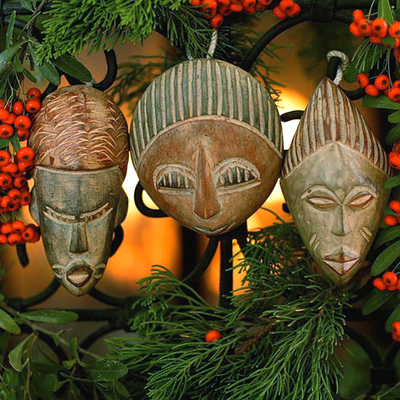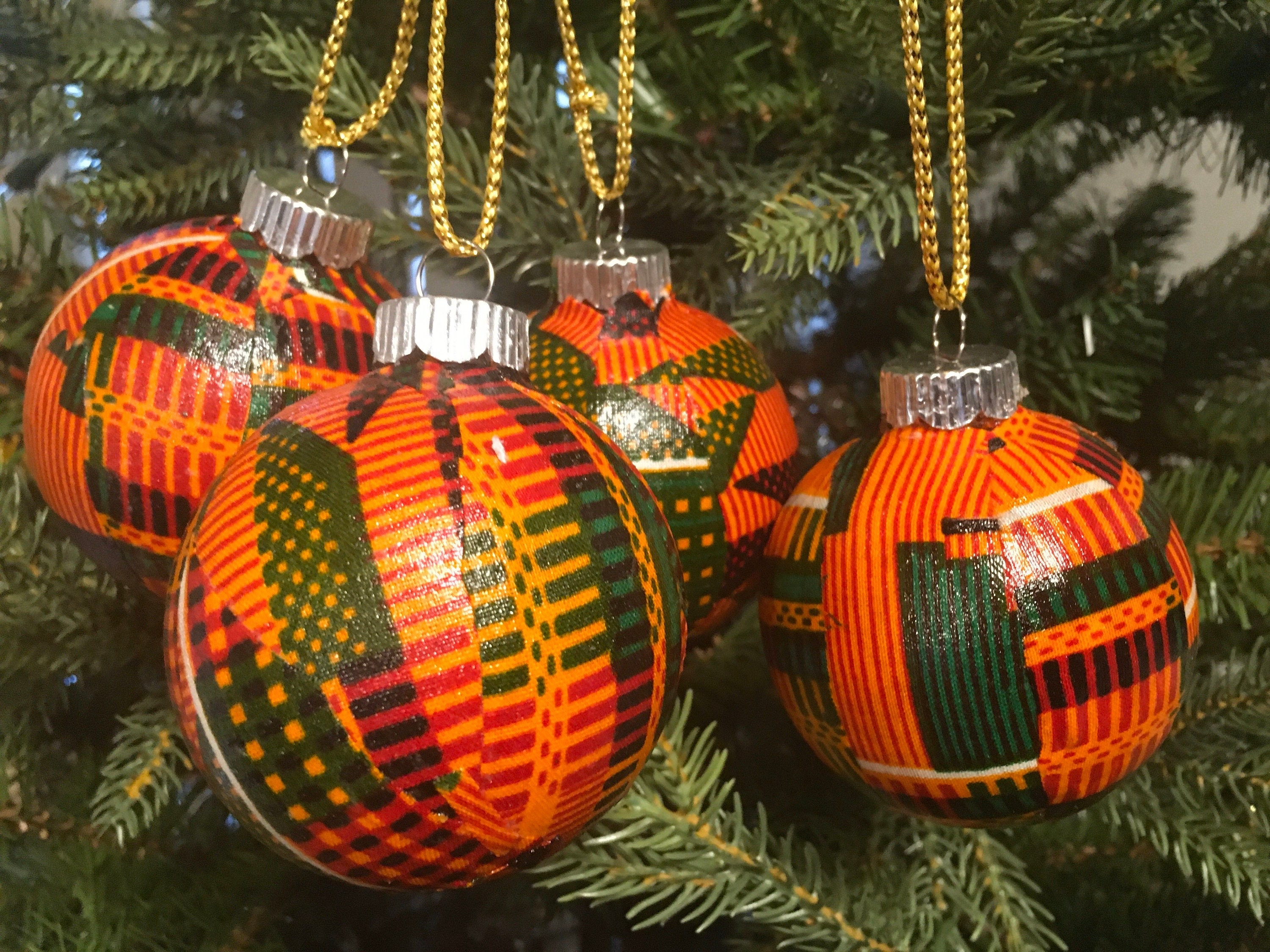Christmas is a time for celebration, joy, and bringing loved ones together. In many countries across the globe, the festive season is characterized by unique traditions and decorations that reflect cultural heritage. When it comes to African Christmas decorations, the blend of vibrant colors, natural materials, and intricate designs creates a truly captivating atmosphere. In this article, we will explore various aspects of African Christmas decorations, share personal experiences, and provide tips on how to infuse your home with the beauty of African culture during the holiday season.
Understanding African Christmas Traditions
Christmas in Africa varies greatly depending on the region. Each culture has its unique way of celebrating the birth of Jesus Christ, and their traditions often manifest in the types of decorations used. For instance:
- East Africa: In countries like Kenya and Uganda, decorations may include handmade ornaments, and the use of local materials like banana leaves and papyrus.
- West Africa: Nations such as Nigeria and Ghana feature vibrant colors, often using kente cloth and traditional symbols in their decorations.
- Southern Africa: Countries like South Africa may incorporate elements from both indigenous and colonial traditions, blending nature with festive cheer.
The Essence of African Christmas Decorations

Vibrant Colors and Natural Materials
The primary characteristic of African decorations is their vibrant colors and use of natural materials. From handmade ornaments to traditional fabrics, the essence of Africa is captured in every piece. Here are some common materials and colors found in African Christmas decorations:

| Material | Description | Common Colors |
|---|---|---|
| Beads | Handcrafted in various designs to create stunning garlands and ornaments. | Red, green, yellow, blue |
| Fabric (e.g., Kente cloth) | Brightly patterned fabric used to create table runners, tree skirts, and wall hangings. | Gold, green, black, red |
| Wood | Carved ornaments, figurines, and tree decorations that showcase skilled craftsmanship. | Natural tones, sometimes accented with color |
| Grass and Leaves | Used in wreaths and centerpieces to invoke a natural feel. | Green, brown |
Incorporating African Symbolism in Decorations

African decorations often carry significant meaning. Symbols such as the Ankh or the African continent itself can be found in various decor items. Incorporating these symbols into your Christmas decor can add a layer of depth to your celebration.
Creating Your Own African-Inspired Christmas Decor

DIY African Ornaments
Creating your own decorations can be a fun and fulfilling experience. Here’s a simple guide to making African-inspired ornaments:

- Materials Needed: Beads, wire, fabric scraps, twine, and glue.
- Steps:
- Cut the wire into desired lengths for your ornaments.
- String beads onto the wire, alternating colors and patterns.
- Shape the wire into circles or other designs and secure the ends.
- Attach twine for hanging or use fabric scraps to create unique designs.
Setting the Scene: An African Christmas Table

Your dining table can be a focal point of your African Christmas experience. Here’s how to set the scene:
- Tablecloth: Use a kente cloth as a vibrant table cover.
- Centerpiece: Create a centerpiece of natural elements like dried flowers, leaves, and candles.
- Place settings: Incorporate handmade items such as beaded coasters or carved wooden utensils.
Exploring Popular African Christmas Decoration Ideas
Traditional African Christmas Trees
Unlike the typical evergreen trees seen in Western cultures, African Christmas trees are often adorned with local decorations and ornaments that reflect cultural heritage. For example, in some communities, banana trees or palm fronds are used. Here are some unique ideas:
- Decorate with Fruits: Use dried fruits like oranges or arrange fresh fruits for a natural touch.
- Handcrafted Ornaments: Hang ornaments made from local materials such as wood or clay.
- Textiles: Use colorful textiles instead of traditional garlands to wrap around the tree.
Wall Displays and Hangings
Create eye-catching wall displays using a combination of traditional fabrics, beads, and ornaments. Creating a gallery wall featuring various elements can enhance the festive spirit:
- Fabric Panels: Hang fabric panels with traditional patterns to create a backdrop.
- Beaded Installations: String beads to create dynamic wall hangings.
Pros and Cons of African Christmas Decorations
Pros
- Cultural Appreciation: Incorporating African decorations allows for cultural appreciation and understanding.
- Unique Aesthetic: The vibrant colors and intricate designs stand out, making your holiday decor unique.
- Sustainable Practices: Many African decorations use natural and sustainable materials.
Cons
- Availability: Authentic African decorations might be challenging to source depending on your location.
- Cost: Handcrafted items can be pricier compared to mass-produced alternatives.
Frequently Asked Questions about African Christmas Decorations
What materials are commonly used in African Christmas decorations?
Common materials include beads, traditional fabrics like Kente cloth, wood, and natural elements such as grass and leaves.
How can I create an African-style Christmas tree?
To create an African-style Christmas tree, consider using local decorations, fruits, and handmade ornaments that reflect African heritage.
Where can I buy authentic African Christmas decorations?
Look for local artisans, craft markets, or online stores specializing in African crafts to find authentic decorations.
What are some sustainable African decoration options?
Using natural materials, handmade items, and locally sourced decorations contributes to sustainability.
Conclusion: Celebrating Christmas with African Flair
Incorporating African Christmas decorations into your holiday season can bring a unique charm to your celebrations. By embracing the vibrant colors, natural materials, and rich cultural symbolism, you can create a warm and inviting atmosphere that reflects the joyous spirit of Africa. Whether through DIY projects, local artisan finds, or creative setups, let your holiday decor tell a story—your story—woven together with the beauty and diversity of African traditions.